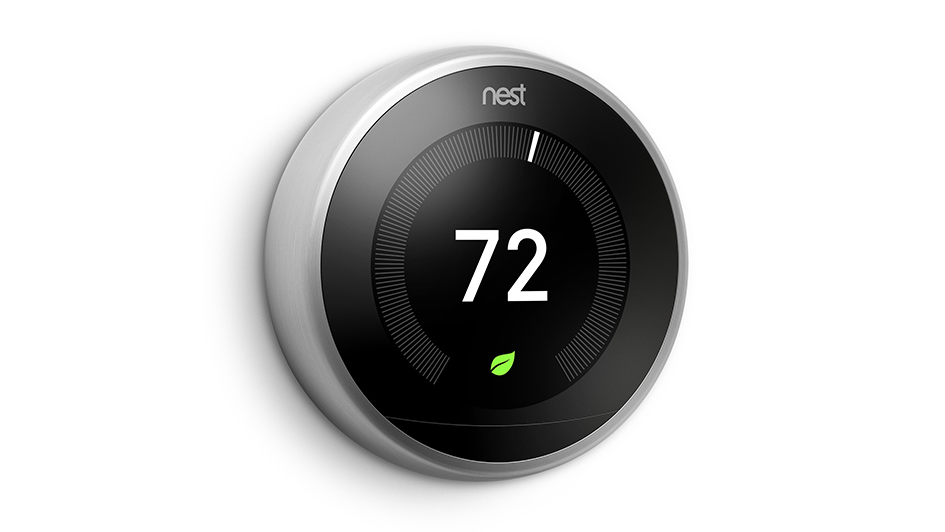
The Nest thermostat is one of the top-selling smart thermostats on the market today. And for good reason. It learns your temperature preferences and creates an energy-efficient schedule to match. And through geofencing with your phone, the Nest Learning Thermostat and Nest E know when you’re at your home or gone and can change temps to help you save even more.
The Nest works with a wide range of 24-volt heating and cooling systems, but it’s always a smart idea to use the Nest thermostat compatibility checker before purchasing one. Don’t forget to talk with your energy provider for valuable rebates, since you might be able to get a Nest for free or close to it.
Once you’ve checked it’s compatible, you can either hook it up without help or hire a HVAC pro like Titan Heating & Air Conditioning. If you’re wiring it without help, you’ll spot a terminal for the C-wire, or common wire. This wire is just used for powering your thermostat. If your residence or HVAC system is older, you might not have one of these wires. In the majority of cases, Nest says this isn’t a setback because the thermostat can pull enough power from other heating and cooling wires.
In some cases, your heating and cooling system might need that C-wire. And here’s why.
Why Your Nest Keeps Losing Power and Other Issues
The Google Nest Thermostat is a step up from outdated programmable thermostats that have a combination of wiring and AA batteries for power. It uses a rechargeable lithium-ion battery and wiring to link to Wi-Fi, power its digital display and operate your heating and cooling system.
8 Common Nest Thermostat Issues
If it can’t get ample power, Nest says you might have some of these problems:
- Short battery life.
- Thermostat motion sensing is disabled.
- Your thermostat occasionally disconnects from Wi-Fi.
- Your system unexpectedly turns on or off, or won’t turn off.
- Your system is producing strange noises, like chattering, stuttering, clicking or thumping.
- Heating or cooling is short cycling, or repeatedly turning on and off in a short period of time.
- There is a delay notification on your Nest thermostat’s screen, along the lines of “heating is delayed for 2:30 minutes.”
- The system fan is continuously on, won’t switch on or turns off and on frequently in a short period of time.
You could think something is wrong with your heating and cooling system, but if you just installed the Nest, we recommend you start with your thermostat first. This is especially pertinent if the weather is moderate, and you haven’t been running your heat or air conditioning frequently.
Our Professionals Can Solve Nest Thermostat Issues
If you’ve gone through Nest thermostat troubleshooting by yourself but can’t solve the problem, a smart thermostat pro such as one from Titan Heating & Air Conditioning can provide support. We can determine the problem and add a C-wire, if required.
Smart thermostats like the Nest are designed to make your life easier, through automatic energy-efficient programming and the ability to check temps while you’re away from home. It’s a frustrating experience when yours won’t run properly, but our heating and cooling experts at Titan Heating & Air Conditioning can take care of the trouble quickly.
If you’re running into strange heating and cooling behavior with your new Nest, give us a call at 541-286-6617 to schedule your appointment now.

